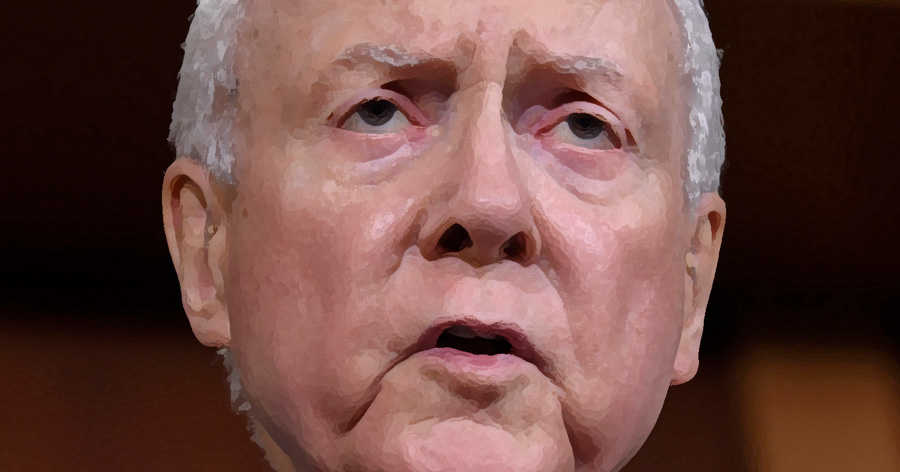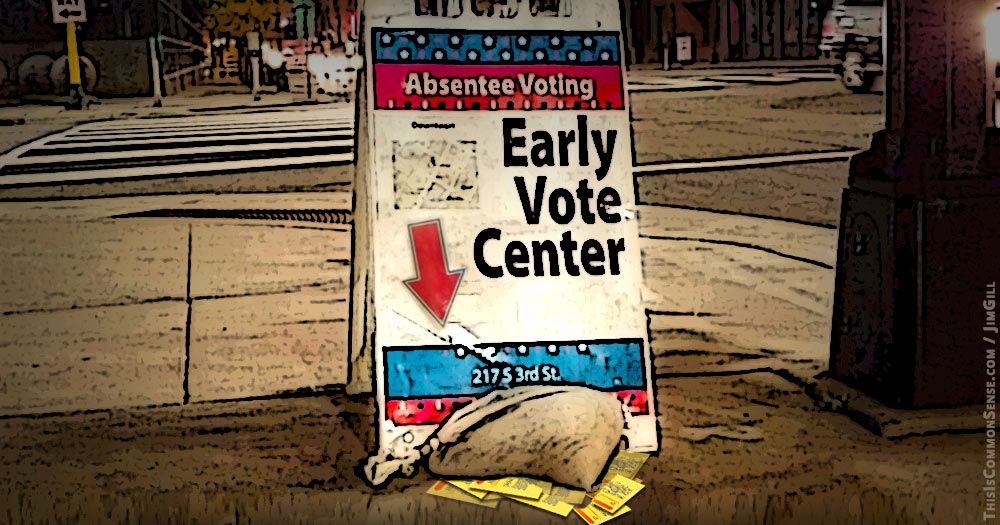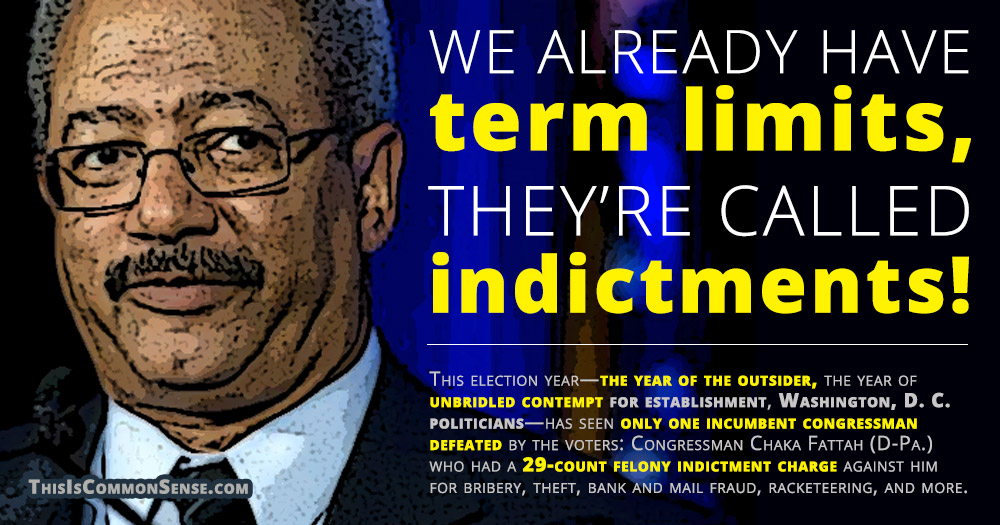Back in 2012, U.S. Senator Orrin Hatch pledged that, if elected, his current six-year term would be his last. On Election Day 2018, Hatch will be 84 years old — and have spent more than half his life in Washington.
Still, Utah’s senior senator just announced he intends to run for re-election for an eighth term.
Why? Our newly-elected president, Hatch told a Salt Lake City TV station, “is all over me to run again.” And so is the leadership in the Republican Senate — and even in the House. Or so he says.
But what about the people of Utah? A poll this past January found that 78 percent of Utahans “definitely” or “probably” did not want Hatch to seek re-election — with 58 percent in the “definitely” camp.
“Hatch’s bid for an eighth term is an endorsement of term limits,” argued Richard Davis, a political science professor at Brigham Young University, yesterday in the Deseret News.
“For many years, I opposed term limits because I felt legislators needed the time to gain knowledge and handle the long-standing bureaucracy and the power of interest groups,” Davis wrote. “However, I have concluded that such knowledge can be gained relatively quickly and would become more effective if there were not highly senior politicians, like Hatch, who dominate a legislative body for many years.”
In 1976, Hatch challenged an incumbent with the line: “What do you call a Senator who’s served in office for 18 years? You call him home.”
Today, having spent over 40 years in power, Hatch only wants more … and calls Washington home.
This is Common Sense. I’m Paul Jacob.












